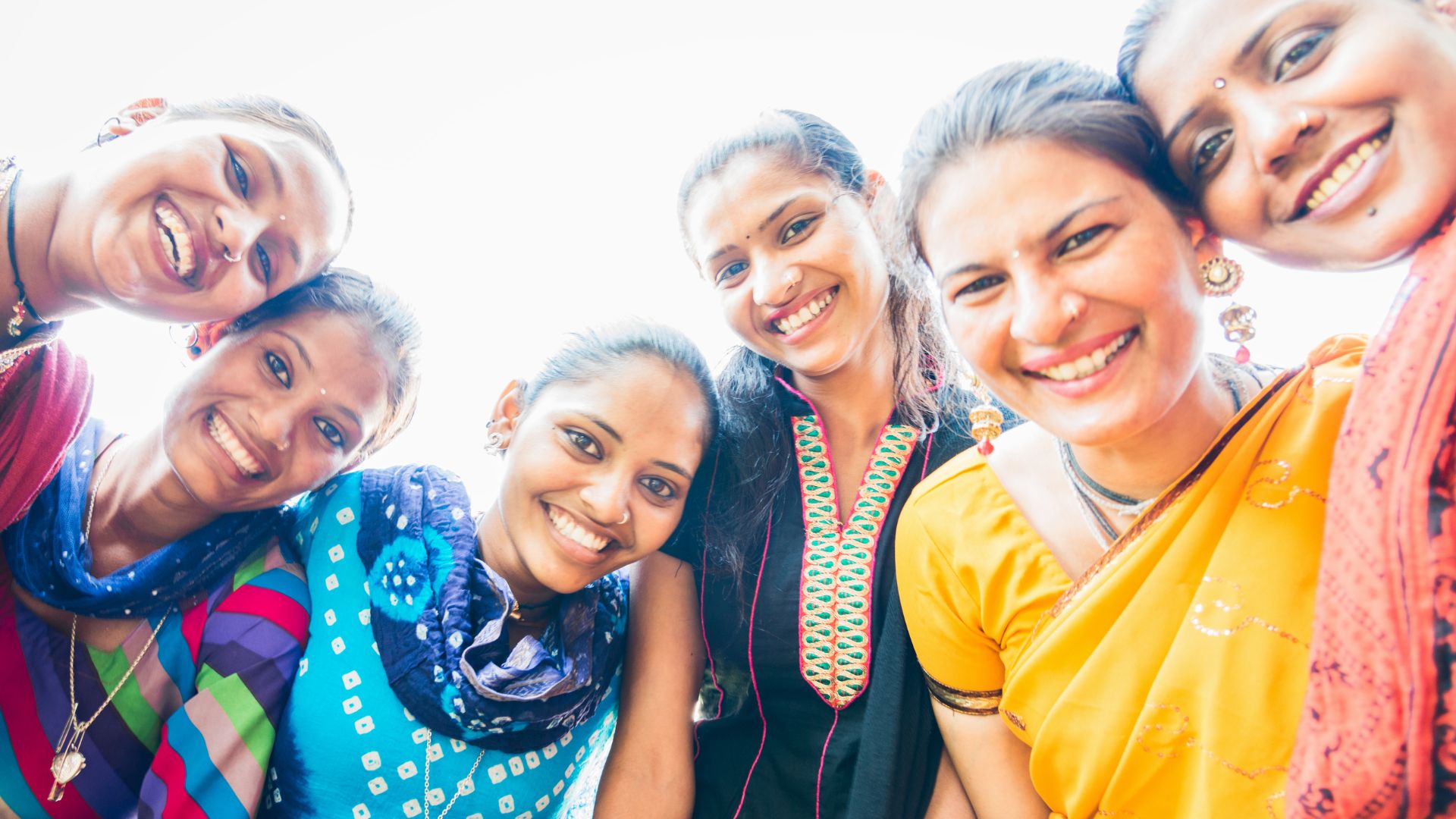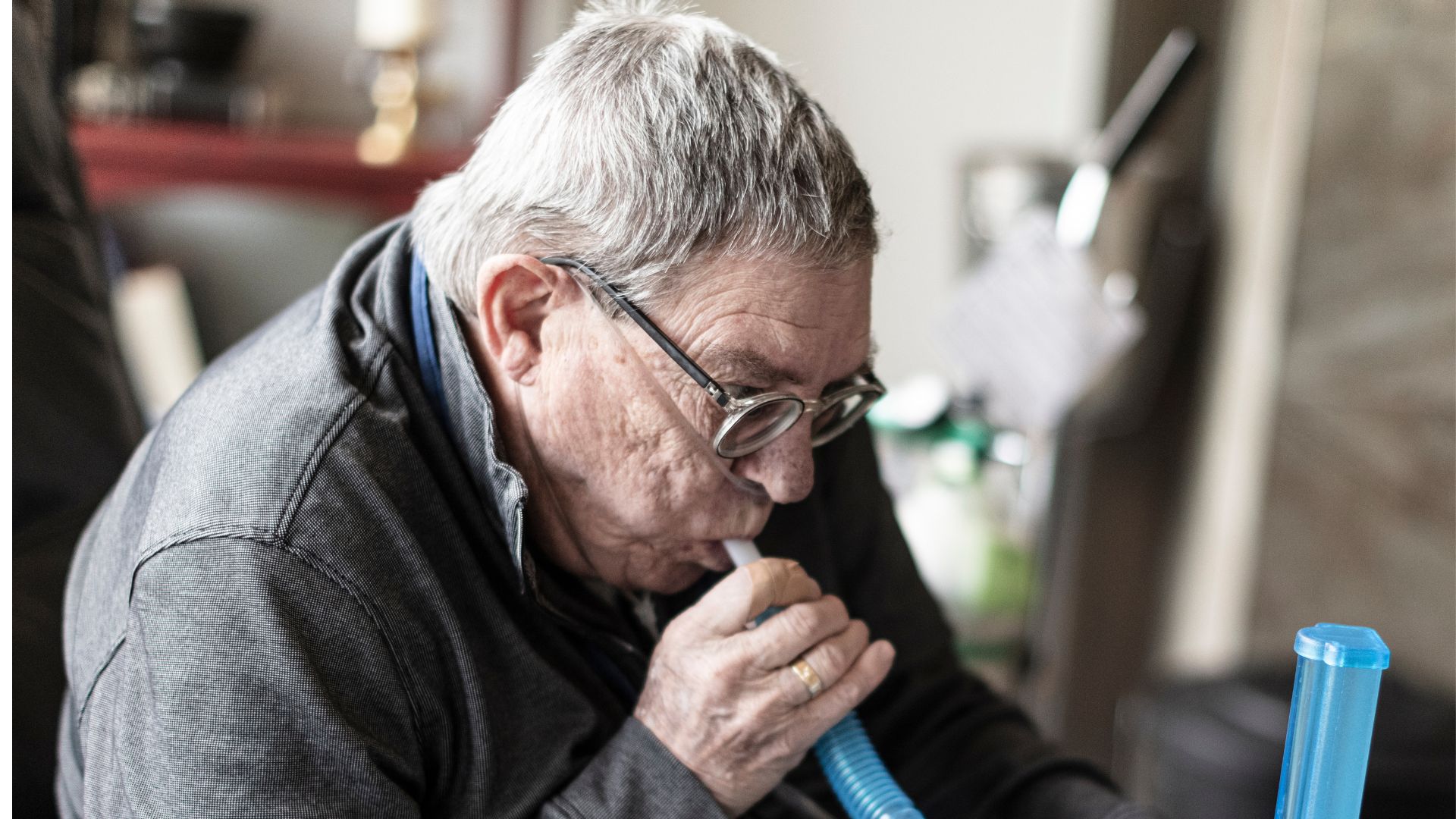Jan 12, 2022
As a researcher, clinician, and immigrant woman of color, I am heartened to witness diverse experiences of ethnic communities becoming integral to conversations about mental health. These narratives play a crucial role in shaping grassroots understanding of mental health and, ultimately, influencing the design of services tailored to specific needs.
In recent years, my colleagues and I at CAMH, along with community partners, delved into understanding the mental health experiences of South Asian communities in Canada. Our research uncovered that pathways to mental health services are deeply influenced by community origin, cultural identity, and collective stigma.
The recent Bell Let's Talk Day campaign showcased diverse stories of lived experiences related to mental health, including that of Shreya Patel, a South Asian woman based in Toronto. Shreya bravely shared her journey with anxiety and depression, contributing to the broader conversation on mental health in South Asian communities.
In a candid conversation with Shreya, she discussed the challenges she faced when speaking openly about her mental health struggles, especially within the context of prevailing stigma in South Asian communities. The older generation often dismisses mental health issues, viewing them as mere products of the mind, which can hinder support for those struggling.
Our discussion underscored the need for better education within families to recognize signs and symptoms of mental health issues at a younger age. Shreya emphasized the importance of fostering open conversations about mental health at the dinner table, enabling families to ask each other how they are feeling and providing a supportive environment.
Shreya attributed her recovery to her family's understanding and support, acknowledging that not all young South Asians are as fortunate. For many, the lack of acceptance and support can lead to isolation, anger, and a downward spiral.
Her call to action for South Asian communities is simple yet profound – encourage open conversations about mental health, show kindness in words, and understand without judgment. This, she believes, can save many from the depths of despair, preventing expressions of suicide borne out of a sense of misunderstanding.
South Asian communities, constituting one of Canada's largest visible minority groups, demand equitable mental health services that consider the cultural nuances highlighted by Shreya. A recent study indicates promising outcomes for South Asians in specialized mental health services, emphasizing the importance of cultural relevance and considering factors like gender and age.
Introducing the Roshni Project, a research initiative by CAMH, aims to enhance the mental well-being of young South Asian women. Through art-based focus groups, participants share their mental health experiences, shaping the creation of culturally driven tools for families, educators, faith institutions, and mental health service providers. This initiative strives to meet the unique mental health needs of young South Asian women.
Stay tuned for the launch of short films, infographics, and tip sheets in May 2018 as part of The Roshni Project's efforts to promote mental well-being in South Asian communities. Learn more on The Roshni Project webpage for further updates.


































































